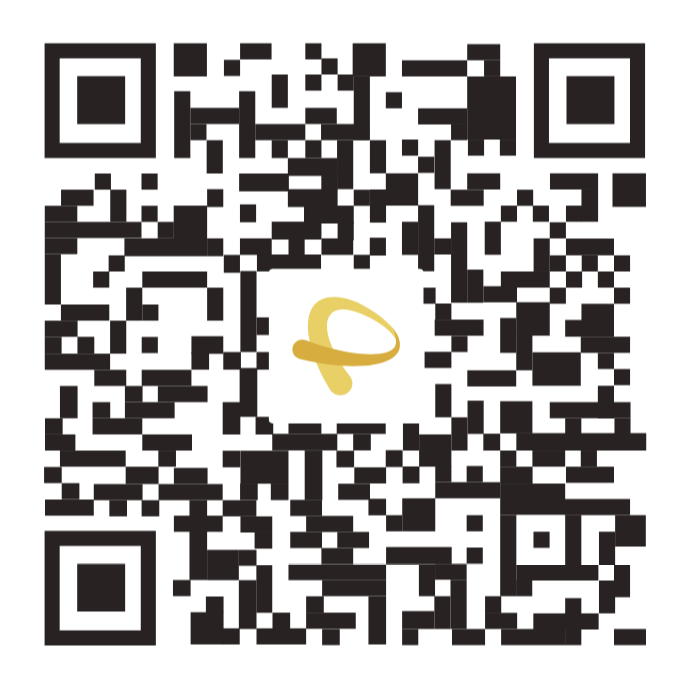What is a routing number?
Industry Insights
A routing number is a nine-digit code. It helps banks in the United States identify specific financial institutions. If you are wondering what is routing number, it is also known as an ABA routing number or a routing transit number (RTN). This unique identifier helps process financial transactions safely and accurately. This includes direct deposits, wire transfers, and bill payments.

When you’ll need your routing number
Your routing number is essential in various financial situations, including:
-
Setting up direct deposits: When receiving paychecks, tax refunds, or government benefits directly into your bank account.
-
Making wire transfers: Routing numbers are used to facilitate both domestic and international wire transfers.
-
Paying bills online: Some companies require a routing number for automatic payments.
-
Linking bank accounts: If you want to transfer money between different banks, you’ll need a routing number.
-
Ordering checks: Banks require your routing number when issuing new checks.
How do I find my routing number on a check?
If you have a check, you can easily find your routing number at the bottom left corner. There are three sets of numbers:
-
Routing number (9 digits): The first set on the left.
-
Account number: The second set, identifying your specific bank account.
-
Check number: The third set, usually shorter, used to identify the check itself.
If you are unsure, confirm your routing number with your bank.
How do I find my routing number in online banking?
If you don’t have a check, you can find your routing number through online banking:
-
Log in to your online banking account.
-
Navigate to account details or settings.
-
Look for the routing number listed next to your account number.
Alternatively, you can check your bank’s website or contact customer support.
FAQs
1. Can I use the same routing number for all transactions?
No. Some banks use different routing numbers for wire transfers, direct deposits, and ACH payments. Always verify with your bank before making a transaction.
2. Is a routing number the same as an account number?
No. A routing number identifies the bank, while an account number identifies your specific account within that bank.
3. Do international banks use routing numbers?
No. International banks use SWIFT codes or IBANs instead of routing numbers for global transactions.
Understanding what is routing number is crucial for seamless financial transactions. Always double-check your routing number before processing payments to avoid errors or delays.
The information provided in this article is for general reference only and does not constitute financial, legal, or professional advice. Please consult relevant professionals before using the information mentioned in this article. PhotonPay is not responsible for any losses or liabilities arising from the use of this information.
Latest Announcements
Back to the blog homepage

The Power of the ROAS Formula: Maximizing Marketing Efficiency
Learn how to calculate ROAS with a simple formula, analyze your advertising return on ad spend, and optimize campaigns to maximize marketing profitability.
PhotonPay
2025-05-30 09:18:17 ·
5minute(s)

CHAPS vs BACS: Which Payment System Suits Your Business Best?
Discover the key differences between CHAPS vs BACS, including transfer speed, costs, and use cases, to choose the best payment solution for your business or personal needs.
PhotonPay
2025-05-30 09:08:14 ·
4minute(s)

Understanding Bank Transfer Delays: Reasons & Solutions
Discover common causes and solutions for bank transfer delays to optimize global payment processes, enhancing efficiency and security. PhotonPay empowers seamless and fast cross-border payments for businesses.
PhotonPay
2025-05-30 08:59:20 ·
4minute(s)
